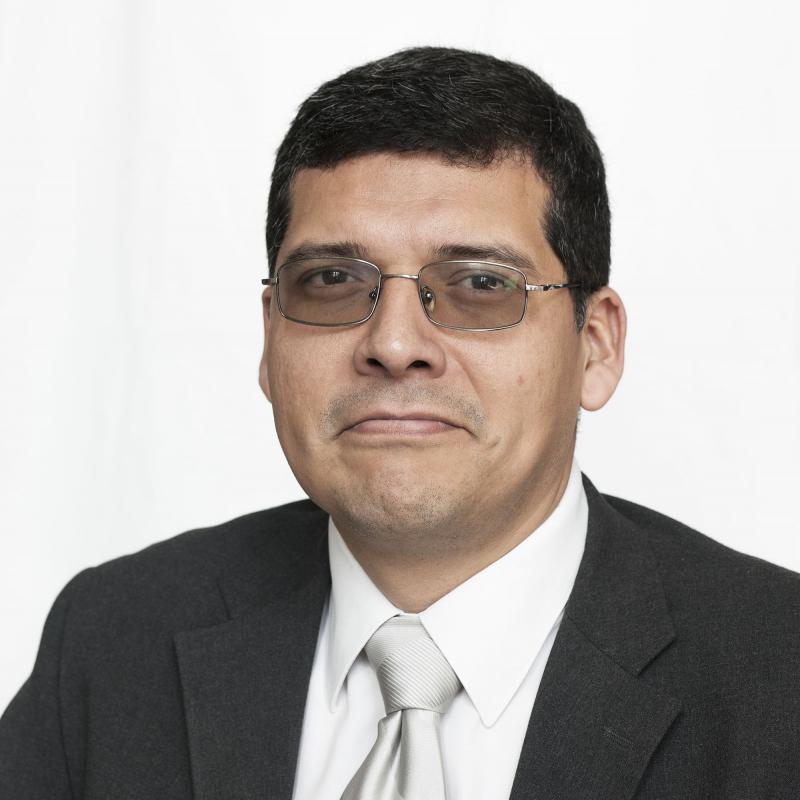My contributions
Hoy en día, muchos donantes, agencias gubernamentales y ONG promueven su uso como una forma de garantizar que sus actividades cotidianas estén alineadas con sus objetivos finales.
Planteé este tema a la comunidad y pregunté a los miembros sobre su experiencia en el uso de las teorías del cambio y cuál consideran es su principal valor añadido. Varios miembros compartieron sus experiencias y propusieron ideas -algunas de las cuales se enumeran a continuación- para asegurar un uso adecuado de las TdC:
- Las TdC añaden valor cuando son generadas -de manera conjunta y participativa- por directores de proyecto, expertos técnicos, encargados
Prospective users of such information, however, have become less capable to take full account of this development, in part due to lack of time and capacities to absorb all the information. Decision-makers in particular demand and expect from researchers and evaluators to provide them with products to facilitate the uptake of such knowledge. Evaluation synthesis can fill this gap by building on findings from different sources to get a better understanding of the effectiveness of a program or policy.
A synthesis is the integration of existing knowledge and findings relevant to a topic, and has as its main objective to
Using synthesis and meta-analysis to make the most of evaluative evidence: what is your experience?
DiscussionWhen evaluating projects, we identify issues that affect their effectiveness and note that these often originate from flaws at design and/or implementation stages.
In early July, I raised this topic with the Community and asked which good practices members would recommend to governments, donors, international organizations and non-governmental organizations to improve project effectiveness.
Several members shared suggestions and ideas for ensuring high-quality projects, such as the following:
- Quality projects should clearly contribute to a bigger developmental impact of the country.
- Projects should have clear objectives, milestones and monitoring of deliverables.
- Commitment and ownership by the government is key; this goes

Carlos Tarazona
Senior Evaluation Officer FAOEstimado John,
¡Gracias por comenzar esta interesante discusión! El enfoque que esboza es muy similar a la forma en que el Mapeo de Resultados (OM) se utiliza para la planificación y el seguimiento. En la Oficina de Evaluación de la FAO hemos utilizado la Teoría del Cambio (ToC) y el OM con fines de evaluación solamente.
Creo que puede encontrar algunos ejemplos sobre la evolución de la Teoría del Cambio y la aplicación del mapeo de alcances en el mundo real en el sitio web de Better Evaluation: https://www.betterevaluation.org/en/plan/approach/outcome_mapping
Saludos cordiales,
Carlos